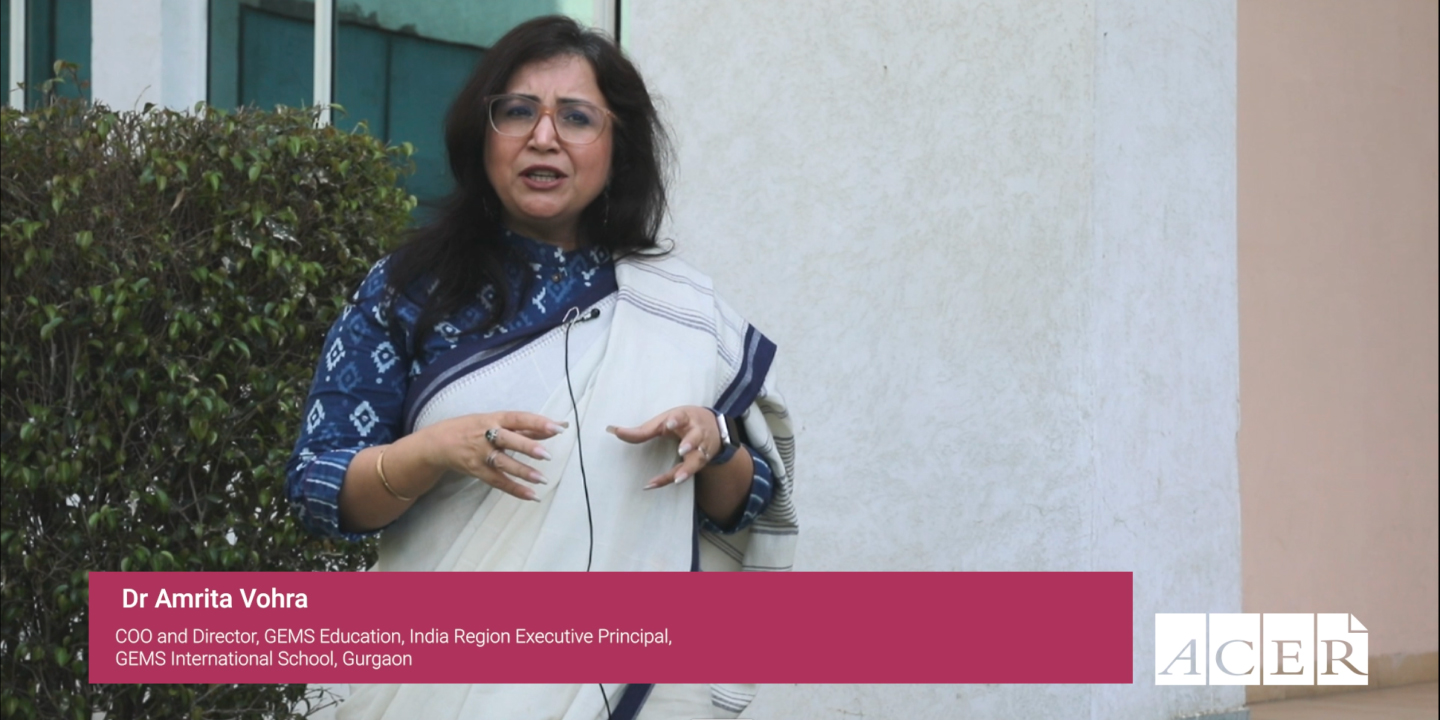World class assessments you can trust
International comparisons
Comprehensive reporting
World class test content
A message from our CEO
ACER chief executive Professor Geoff Masters – a renowned expert in educational measurement – talks about Progressive Achievement, a revolutionary new way of thinking about assessment that powers the IBT.

ACER: bringing international expertise to education worldwide
ACER is a not-for-profit educational research organisation with a mission to improve learning. We are trusted by schools around the globe to provide reliable, valid and evidence-based assessments, delivering more than 7 million assessments every year through our cutting edge online platform.



